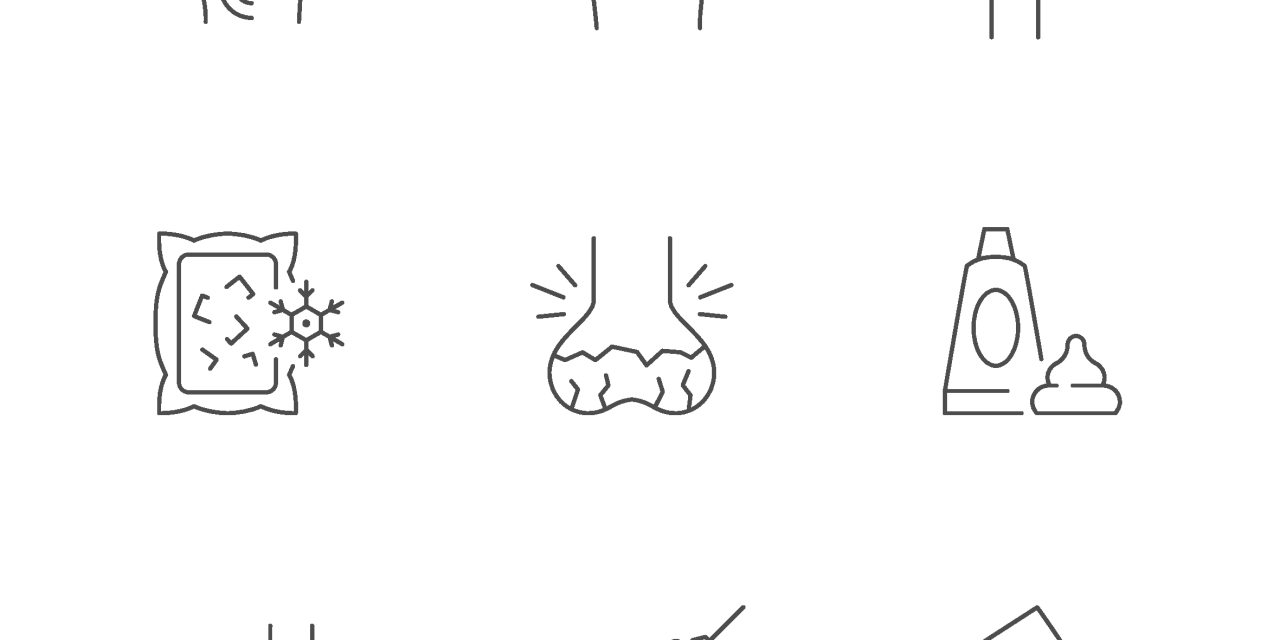This study states that Describe strategies used to manage rheumatoid arthritis (RA) flares that contribute to a successful postflare outcome. Data were collected from the BRASS registry, including clinical and patient-reported outcomes, and a survey with a Likert scale assessing postflare symptoms (better, unchanged, or worse). A logistic regression analysis adjusting for age, sex, flare number in the past 6 months, flare pain severity, home management, clinical consultation, and medication change was performed to evaluate factors influencing flare outcome. Of 503 participants, 185 reported at least 1 flare that had resolved in the past 6 months, with median (interquartile range) 28-joint count Disease Activity Score based on C-reactive protein 3 score 2.1 (1.7–2.8). Compared with RA symptoms before the flare, 22 (12%) patients felt worse, 125 (68%) were unchanged, and 38 (20%) felt better. To manage flares, 72% of patients used home-based remedies, 23% sought clinical consultation, and 56% made medication change. Of 103 patients who changed medication, 70% did so without seeking clinical advice. Making a medication change (OR 3.48, 95% CI 1.68–7.21) and having lower flare pain (OR 0.83, 95% CI 0.71–0.97) were associated with better flare outcome.
Reference link- https://www.jrheum.org/content/47/3/333


